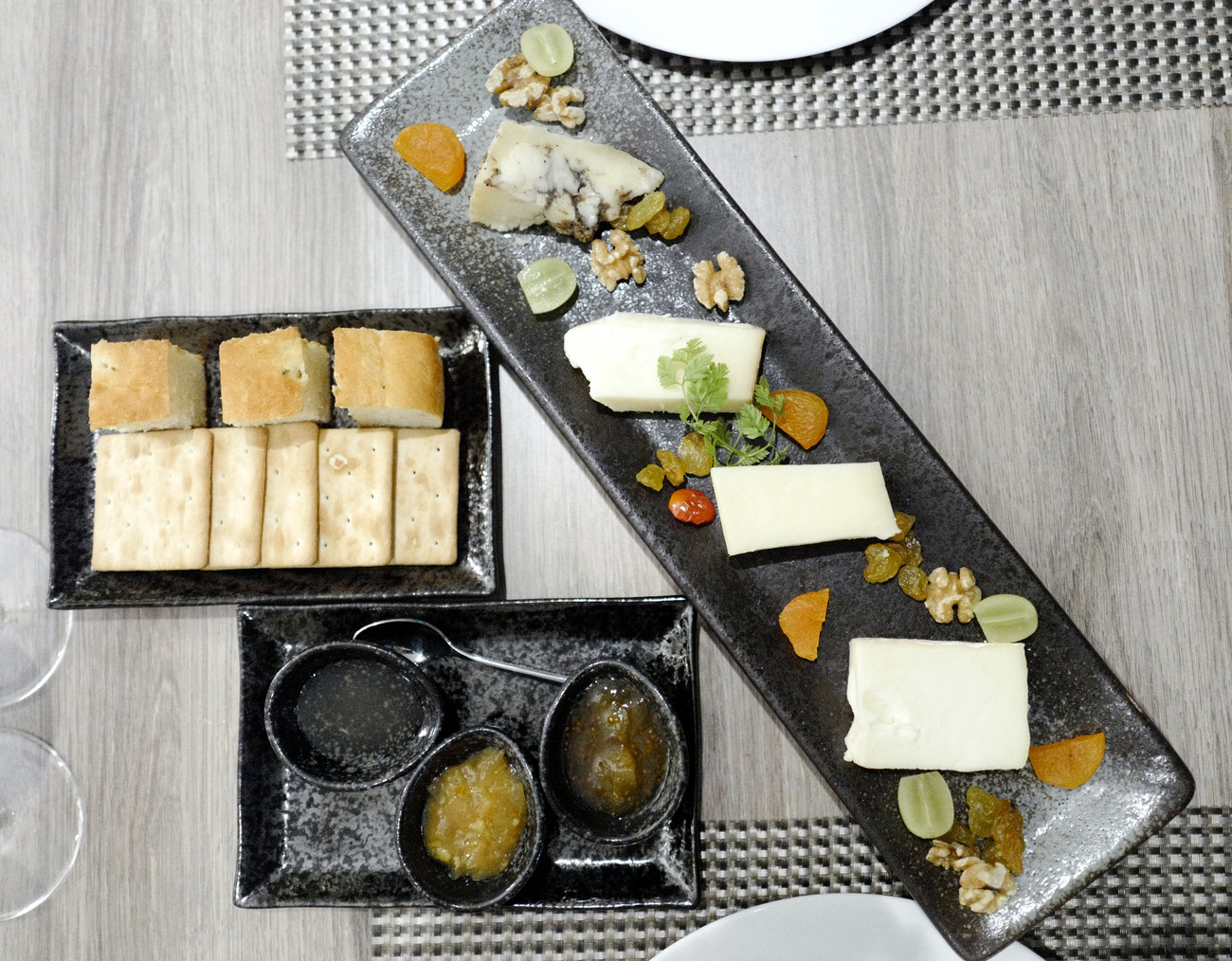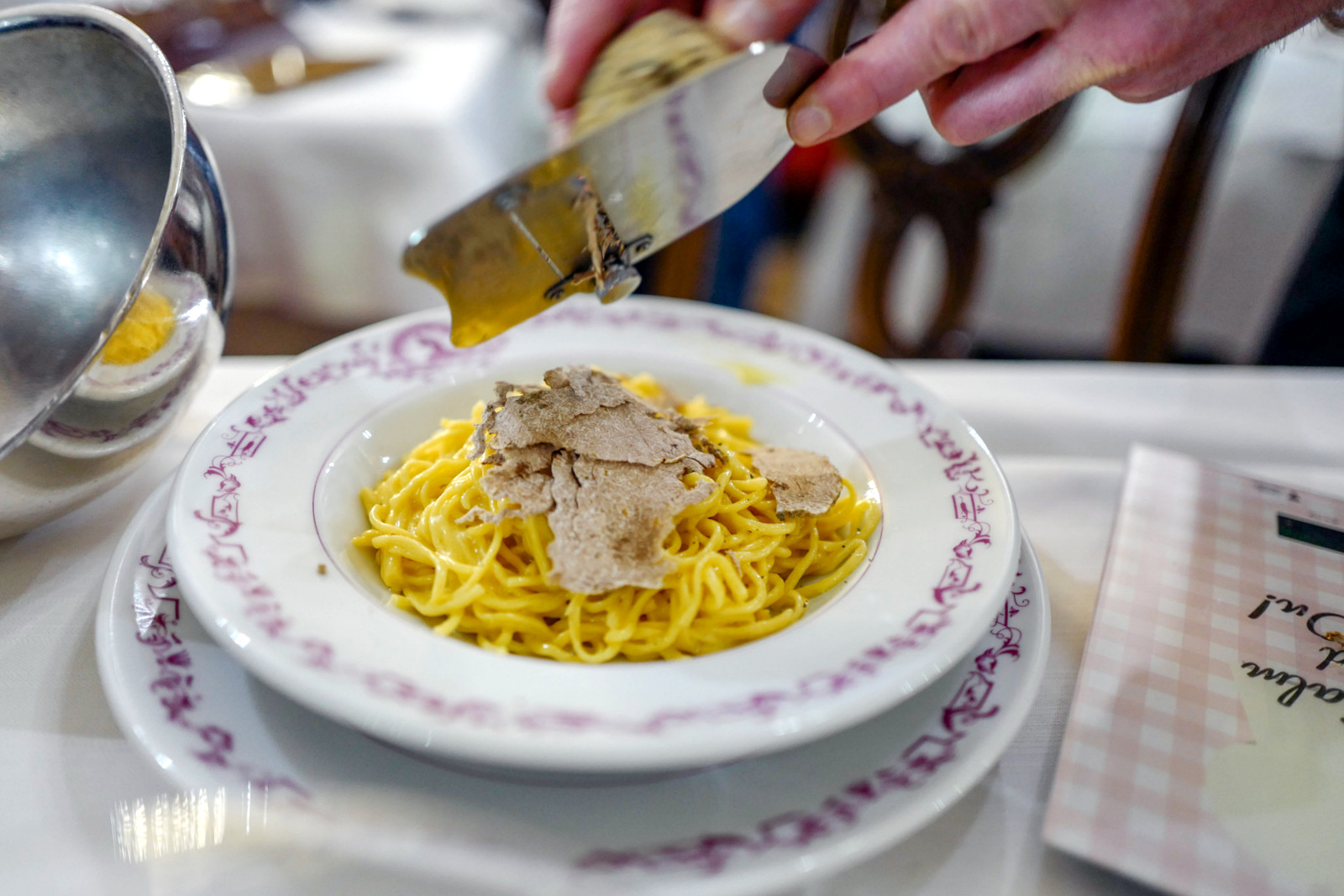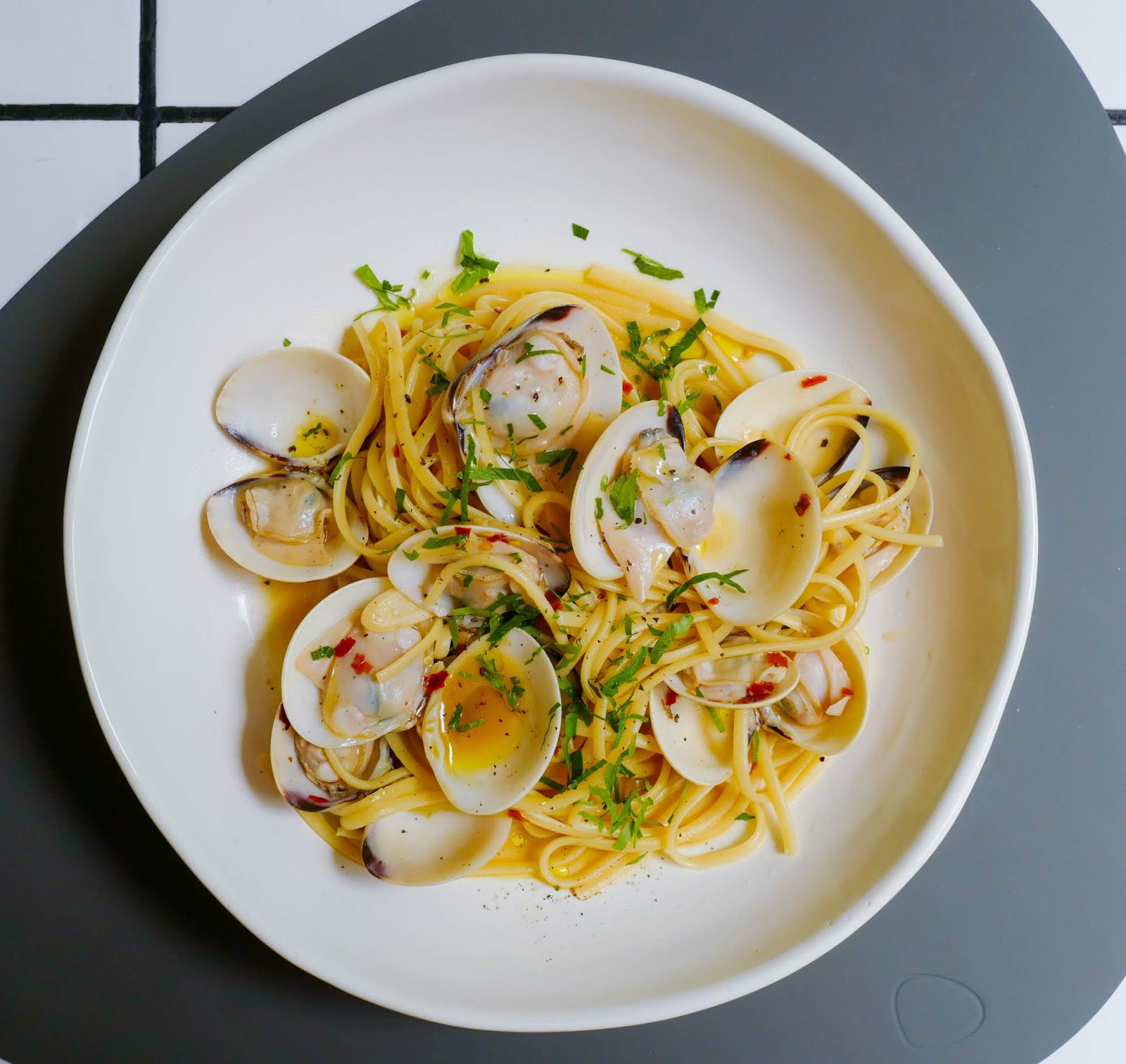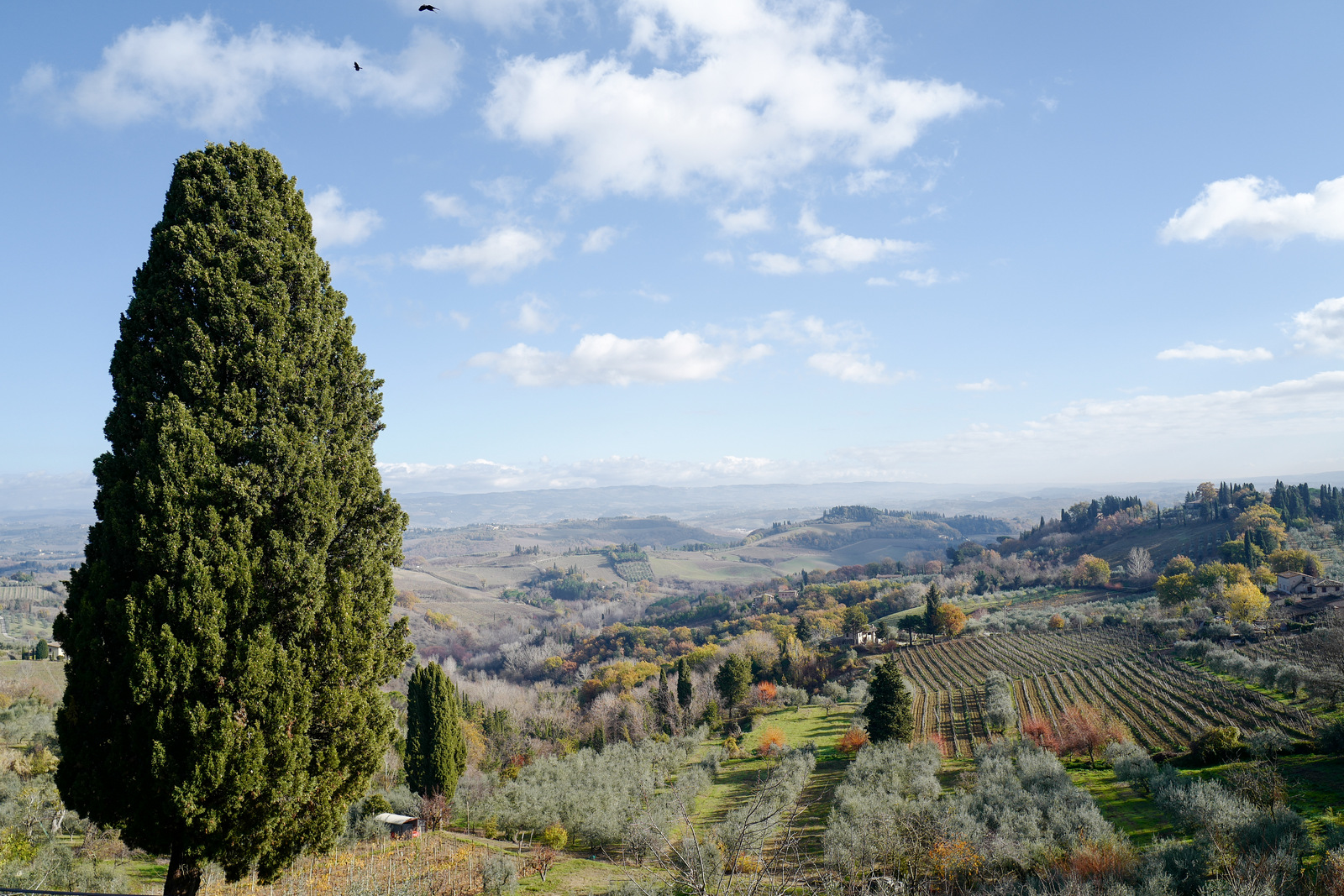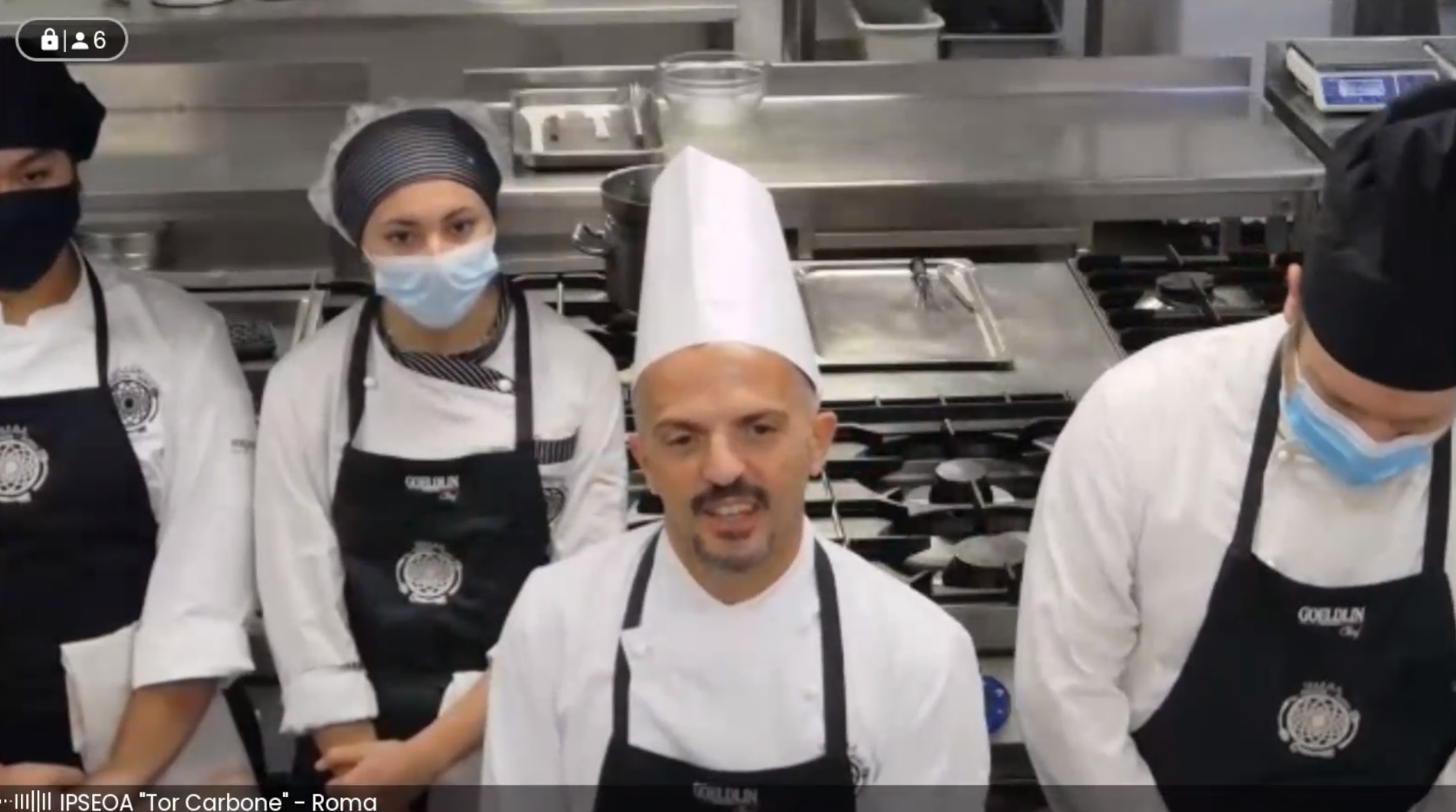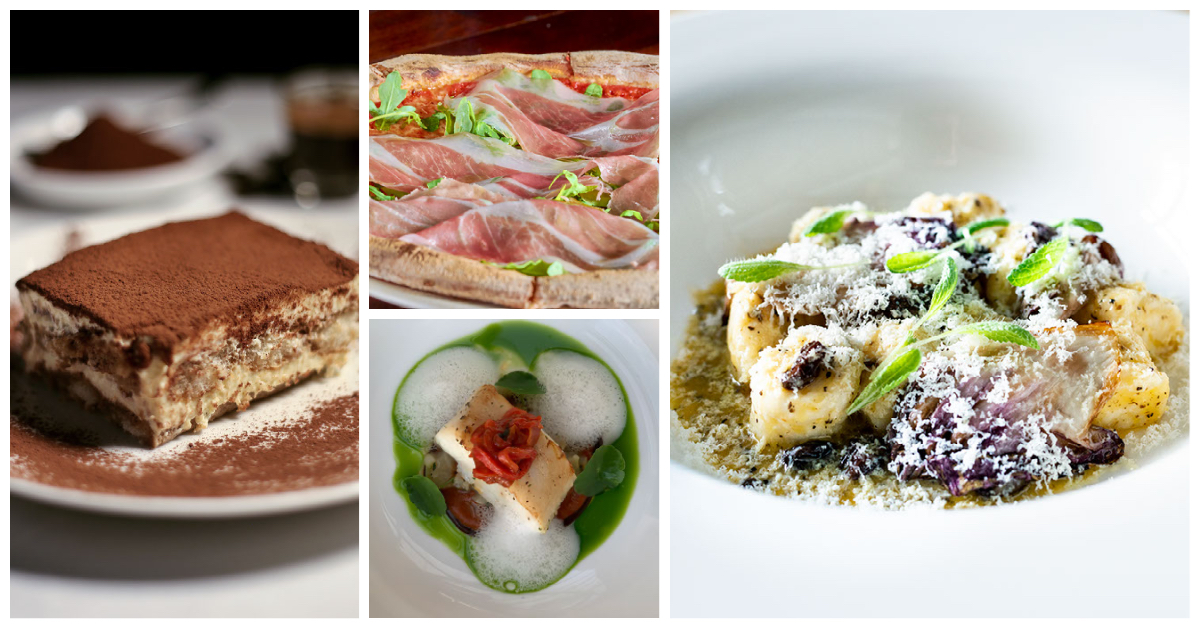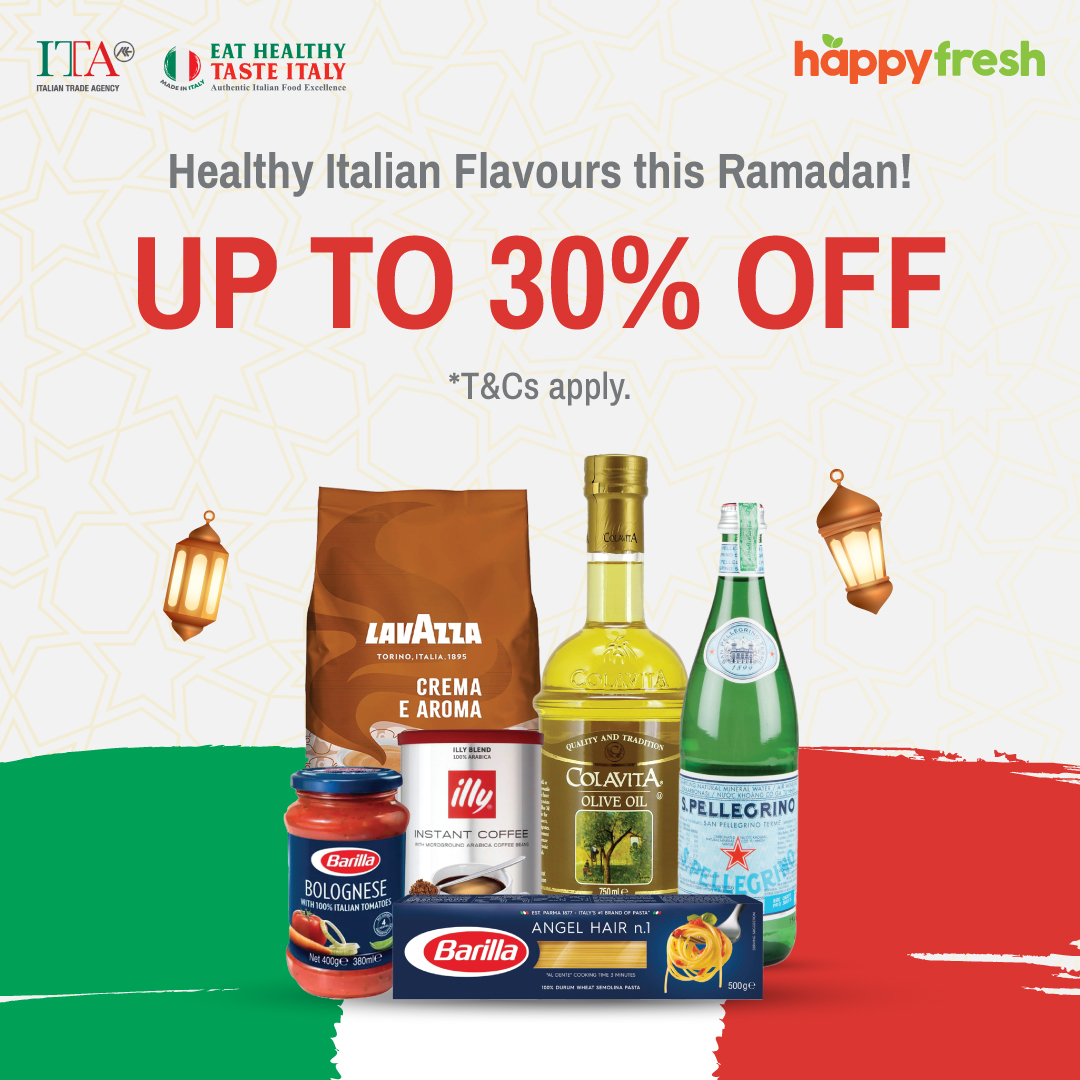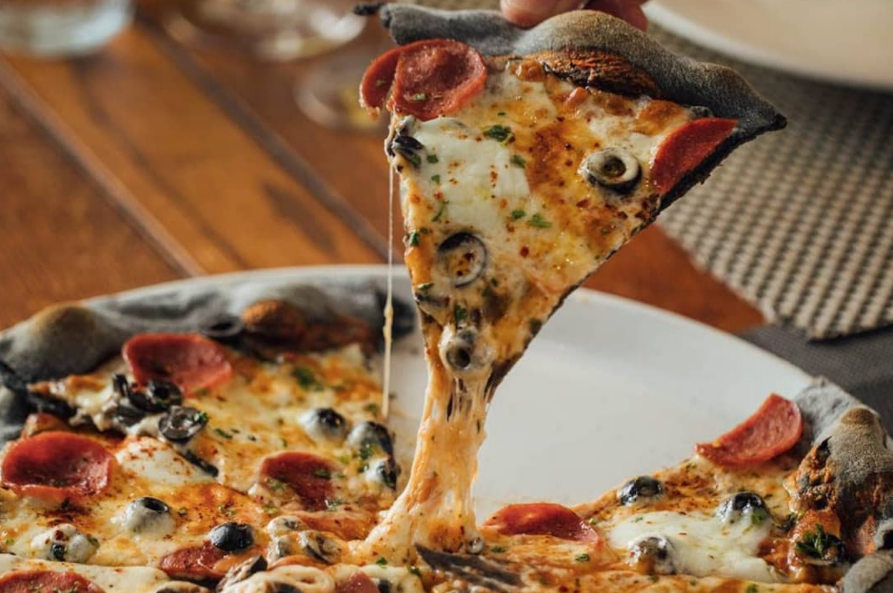Italian Cuisine Experience 2021: Peperoncino instead of cili padi? An interview with Dr. Filippo Fusaro of the Italian Trade Agency
April 1, 2021
EDKL: Could you describe how the inspiration for Italian Cuisine Experience 2021 came about? How were the restaurants for this campaign selected, and what was their response to the idea?
DR. FUSARO: Every year, between all the ambassadors and the Ministries of Foreign Affairs in the world, we organise activities under The Extraordinary Italian Taste campaign, generally held in November. Unfortunately, last November, we couldn’t organise anything, because of the pandemic. We decided to wait.
When we saw that Malaysia’s restaurants had opened, we decided to organise something similar to the Extraordinary Italian Taste, and we have decided to call it the Italian Cuisine Experience 2021.
The campaign invites authentic Italian restaurants with Italian chefs or owners, where each of them features a special menu dedicated to Easter. We’re glad that eight restaurants have participated in this campaign.
EDKL: What is the Italian Trade Agency's role in promoting Italian food and beverages in Malaysia? What are the challenges and main issues in this responsibility?
DR. FUSARO: The Italian Trade Agency is a government organisation. Our role is to promote the internationalisation of Italian companies and products in various industries. F&B is one of the major focuses for us.
The objective of this campaign is to promote restaurants with Italian heritage and more importantly, bring greater awareness to the quality of authentic Italian food and products. Our goal is to let Malaysians understand the quality that Italian products and food have.
The challenge is that a lot of times, there are products that are not authentically Italian, but they have Italian-sounding names - like Parmesan cheese that’s made in Australia instead of Italy. Our purpose is to educate and provide information to Malaysians so that they are able to tell the difference.
EDKL: How do we tell the difference? For instance, with Parmesan.
DR. FUSARO: First of all, we encourage people to read the label of the products they want to purchase and find out where they were made. And secondly, Italian produce prides itself on the certification of Geographical Indication (GI).
Some products in Italy, to get a specific name, they must be from a specific geographical area in Italy. For example, cheese, there must be cows in the specific mountain, with the soil, that are grass-fed cows.
What’s important to us in Italy is the Geographical Indication. In order for a brand to carry meaning, like Modena Balsamic Vinegar, it must be from the Modena city area in the Emilia Romagna region. We cannot create balsamic vinegar from other regions and call it Modena Balsamic Vinegar.
Also for example, Parmigiano-Reggiano has to be from Reggio Emilia in the Emilia Romagna region. The GI protects the names. Like how you can’t just call it Champagne unless it comes from the Champagne region.
EDKL: If someone violates the Geographical Indication in Malaysia, are you the authority to take action about it?
DR. FUSARO: We are not the authority, but we can inform our HQ in Rome. It’s easier in Europe, yes, but here there are different regulations.
EDKL: What should Malaysians look for in terms of choosing an authentic Italian restaurant to dine at? What are some of the qualities of Italian cuisine that Malaysians should be aware of?
DR. FUSARO: For example, the eight restaurants selected to be in the campaign are in line with our values. They’re not just having an Italian owner or chef but must represent Italian cuisine properly. They should use Italian products and Italian recipes as well.
I think when Malaysians eat good Italian food, they will immediately understand that they are eating something healthy as it is supposed to be light and made with fresh and simple ingredients.
EDKL: Italian dishes like pizzas and pastas are widely popular and available in Malaysia, similar to many other countries around the world. Why do you think Malaysians specifically enjoy Italian dishes so much?
DR. FUSARO: I think they enjoy it for the simplicity of the ingredients and the recipes. It is different from Malaysian cuisine, which is a mix of a lot of good spices and ingredients.
Instead, Italian food is very simple. Our recipes are not made with a lot of ingredients. If you think about pizza italiana - we have the main pizza, Margherita, where there is only tomato, mozzarella cheese, extra virgin olive oil and basil. The dough is also important - processed for many hours so it’s more digestible.
EDKL: What are some Italian ingredients that Malaysians can explore further, such as different grades of olive oil, less-known types of pastas, or seasonal ingredients? What makes these ingredients worthwhile or beneficial?
DR. FUSARO: One of the new products that we brought in is flour. Now that people are doing sourdough and all that, we have brought in more varieties of Italian flour: 00 flour, semolina, and many more.
Additionally, we now have a big range of dried spices by Cannamela. One of the more popular is the peperoncino. A lot of people in Malaysia, if they want something spicy, they put cili padi in their pasta. But we want to educate people to use peperoncino instead of cili padi. Cili padi might be spicy but it’s an acidic type of spiciness. On the other hand, peperoncino can still give you the punch yet is subtle enough to bring out the main taste of the dish.
EDKL: What are some of your personal favourite Italian dishes? Are there any Italian dishes or ingredients you miss that are difficult to find in Malaysia?
DR. FUSARO: I moved here five months ago. I was and still am very impressed that Italian restaurants here serve good and authentic Italian dishes.
My favourite Italian dish is Linguine alle Vongole, and I have found some Italian restaurants serving it. I can find almost everything.
Of course, Italy has a lot of different regional recipes. Sometimes, we can’t find some recipes from the North or the South of Italy, but here, we can find the most important dishes.
I’m from the Apulia region, the South-East of Italy. My regional dish is actually very popular here in Malaysia and it’s burrata, similar like mozzarella cheese but creamier. I’m proud to say you can find it in Malaysia, no problem.
EDKL: What do you think of fusion Italian dishes, such as nasi lemak pizza or curry pasta?
DR. FUSARO: Actually, I’m not very experimental. We want Malaysians to understand authentic Italian cuisine. However, I also know some Italian chefs who sometimes do fusion cuisine. I have tried it - it’s good, but my preference is still authentic regional recipes.
EDKL: There are many Italian restaurateurs and chefs who work in Malaysia. What draws them to Malaysia?
DR. FUSARO: For different reasons, I believe - ambition, opportunities, etc. And I’m certain they’re proud of their cuisine; they come to show their cooking skills.
For all the chefs I’ve met, I think they’re very happy to cook here in Malaysia.
EDKL: How do Italians feel about living in Malaysia? How can the synergy between both countries be enhanced through culture and food?
DR. FUSARO: It’s a very friendly country. The people are very nice, the weather is so nice all year long. It’s consistent.
I think for our Italian partners, the purpose of this campaign is to bring these two countries closer and to enhance bilateral trade by bringing in fresh Italian produce to Malaysia.
Most Italian brands that are well-known in Malaysia are fashion brands. But it's important for us that authentic food and recipes are also known.
EDKL: What are your hopes for the future of Italian cuisine in Malaysia in the next few years?
DR. FUSARO: The hope is that Malaysians are able to tell the difference between authentic Italian brands and Italian-sounding brands. I hope they will be able to say “OK, this is a very authentic recipe - authentic Italian cuisine, with good, simple ingredients.”
I think what we want is for people to make wise and informed decisions.
Malaysians, as foodies, are aware of what they consume. I think the Italian ingredients and products that are being imported and introduced into Malaysia are a means towards a healthy lifestyle. The characteristics of the Mediterranean diet help us become healthier.
EDKL Note: Images used are for illustration, from our past Italian meals.
You Might also Like






